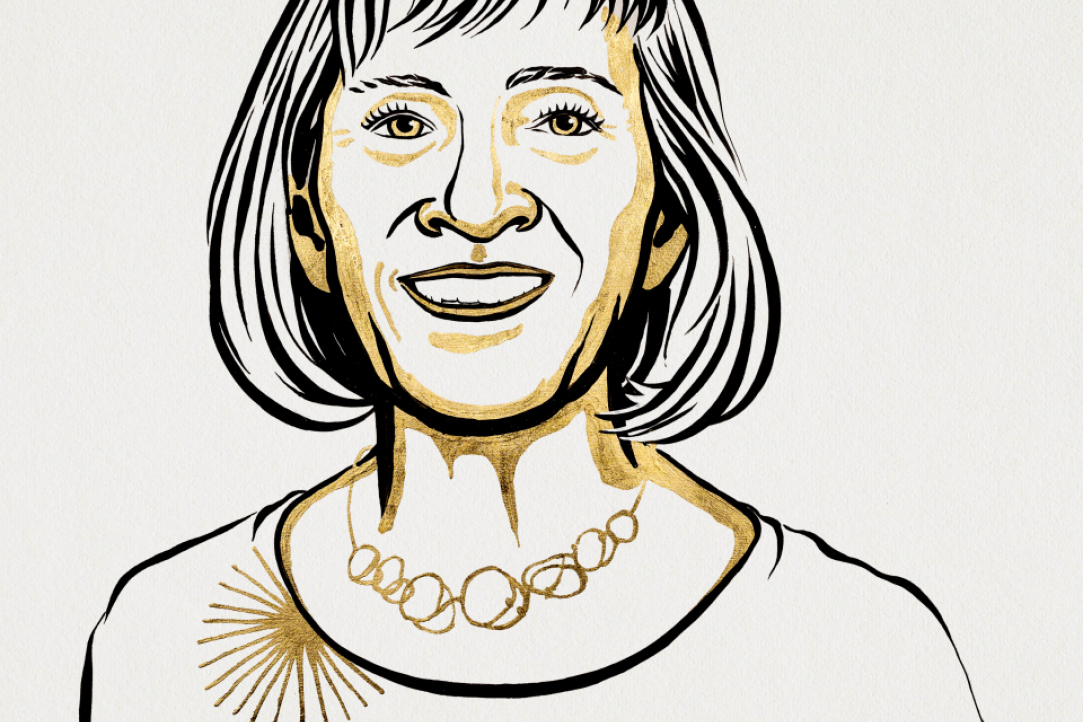Winner of 2023 Nobel Prize in Economics Announced

The Royal Swedish Academy of Sciences has awarded the Sveriges Riksbank Prize in Economic Sciences in Memory of Alfred Nobel 2023 to Claudia Goldin (Harvard University, Cambridge, MA, USA), ‘for having advanced our understanding of women’s labour market outcomes.’ According to the Nobel committee, Professor Goldin has uncovered key factors that determine gender differences in the labour market.
Each year the Faculty of Economic Sciences announces the contest to predict the winners of the Sveriges Riksbank Prize in Economic Sciences in Memory of Alfred Nobel in 2023. Participants can name up to three candidates. The contest is named after NES Professor Andrey Bremzen, a talented populariser of economic sciences and organiser of intellectual competitions.
Claudia Goldin has presented the first all-encompassing account of women’s earnings and their participation in the labour market throughout the ages. Her research identifies the causes of changes, as well as the fundamental sources of the continuing gender gap.
Women are significantly underrepresented in the global labour market, and women who do work earn less than men. Claudia Goldin studied archives and collected data on the United States from over 200 years, which allowed her to demonstrate how and why gender pay gaps and employment levels have changed over time.
Professor Goldin demonstrated that the participation of women in the labour market does not trend towards growth over the whole period examined, but rather takes the form of a u-shaped curve. The participation of married women decreased with the transition from an agrarian society to an industrial one at the start of the 19th century, but started to increase with the growth of the service sector at the beginning of the 20th century. Goldin attributes this to structural changes and the evolution of social norms regarding women’s obligations in the home and family.
During the 20th century, the level of education among women steadily grew, and in the majority of high-income countries it is now significantly higher than that of men. Goldin demonstrated that access to contraceptive pills played an important role in accelerating these revolutionary changes by opening up new opportunities for career planning.
Despite modernisation, economic growth and an increase in women’s employment in the 20th century, the gap in earnings between women and men has remained largely the same for a long time. Goldin believes that this is partly because decisions about education, which influence career opportunities throughout one’s life, are made at a comparatively young age. If young women’s expectations are formed by the experience of previous generations—for example, mothers who did not return to education until their children had grown up—then change will occur slowly.
Historically, a significant part of the gender pay gap has been attributed to differences in education and choice of profession. However, Professor Goldin demonstrates that today, the earnings gap predominantly affects women employed in the same positions as men, and that to a large extent, this gap appears after the birth of a woman’s first child.
‘Understanding women's role in the labour market is important for society. Thanks to Claudia Goldin's groundbreaking research, we now know much more about the underlying factors and which barriers may need to be addressed in the future,’ said Jakob Svensson, chair of the Committee for the Prize in Economic Sciences.

Elena Kotyrlo, Professor of the HSE University Faculty of Economic Sciences
‘Her personal success story illustrates the importance of the issue of gender differences in the labour market. In 1990, Professor Goldin became the first woman in the history of the Harvard University Faculty of Economics to earn a tenured position. She is now the third woman to receive the Nobel Prize in Economics, which has been awarded since 1969. Claudia Goldin is not only a world-renowned scientist, but also a public figure whose initiatives are aimed at expanding women’s opportunities to receive an education and fulfilling work. Goldin has succeeded in bringing the issue of gender equality in the labour market onto the socioeconomic policy agenda of many countries and international organisations. This is one of the UN Sustainable Development Goals.’
More information about Claudia Goldin’s research and achievements is available on the official website of the Nobel Prize, which includes summaries at both the popular science and specialist levels.

